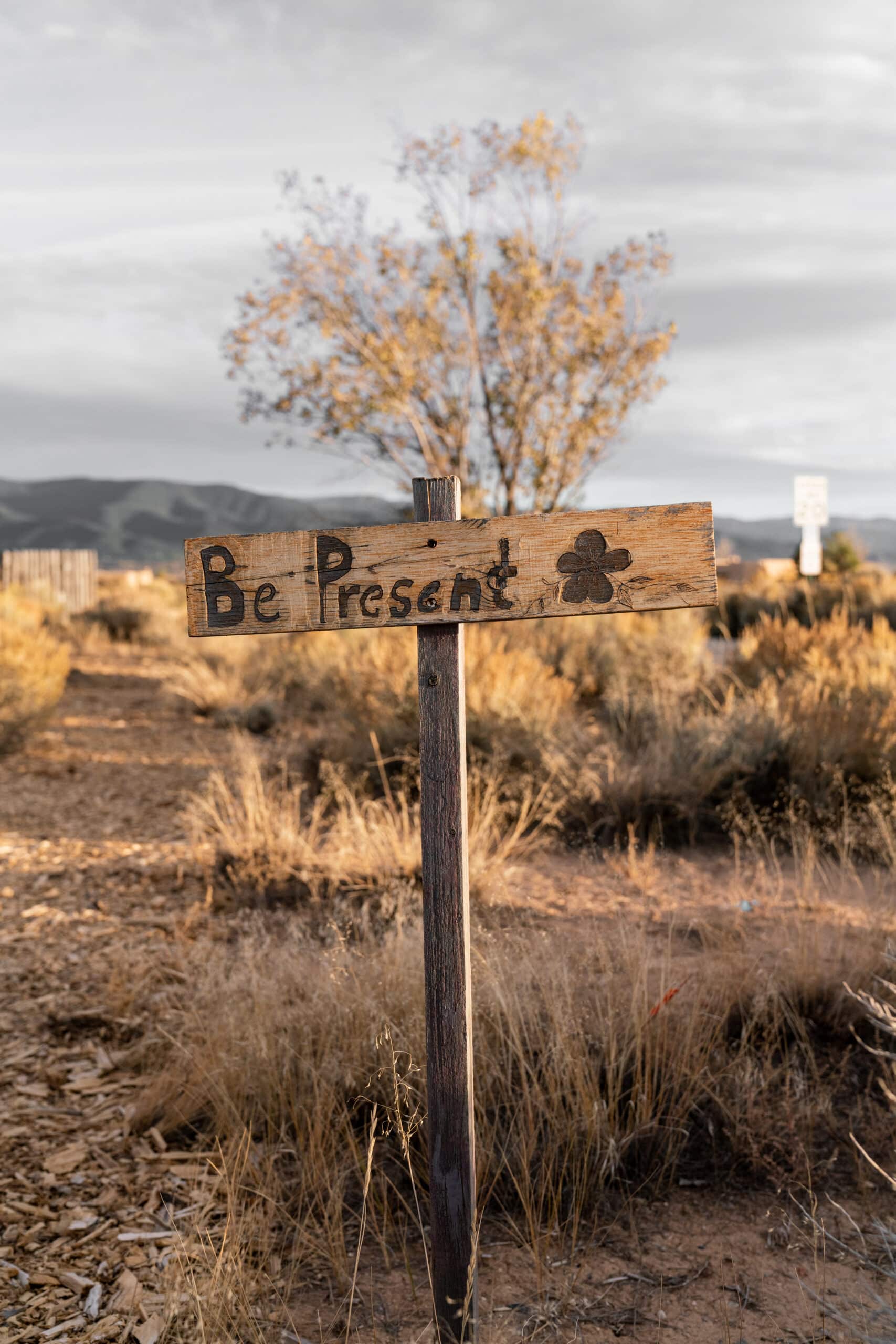- About Us
- Our Programs
- Holistic Recovery
- Admissons
- Resources
- Contact
Menu
- About Us
- Our Programs
- Holistic Recovery
- Admissons
- Resources
- Contact
Heroin is an opiate drug that produces a similar high to certain opioid medications, such as morphine, Vicodin and OxyContin. It is faster-acting, less expensive and more easily accessible than prescription drugs, meaning that this highly addictive substance is gaining traction in the United States. People addicted to heroin need to seek professional help as soon as possible.

Heroin is an illegally produced and distributed drug that belongs to the same chemical family as medical-grade painkillers like morphine, OxyContin and Vicodin. It is popular among people who are seeking to experience the same sleepy, numbing and euphoric effects that these prescription drugs can have. Heroin produces a similar high with a faster onset, and it is typically less expensive and more easily accessible from drug dealers. It’s a dangerous and addictive drug — nearly 700,000 Americans had a heroin use disorder in 2017, according to the National Survey on Drug Use and Health — that affects people of all ages and socioeconomic backgrounds. It’s crucial to seek professional help if you think that you or a loved one might be using heroin or addicted to heroin. Ending a heroin habit can be complicated, and your best chance at breaking the cycle of addiction for good is through a supervised detox period and a recovery treatment program with experienced providers.
Heroin is typically sold as a white or brown powder, or as a black sticky substance known as “black tar heroin.” High quality or pure heroin can be snorted or smoked, but most users dissolve the drug and inject it, leaving behind recognizable “track marks” that show the injection site and the weakened or broken blood vessels beneath. Someone who is high on heroin will act disoriented and be unable to focus; they may seem exceptionally sleepy and even appear to doze off in the midst of a conversation. They will have small (dilated) pupils in their eyes and have poor physical coordination.
If these kinds of “moods” seem to be recurring in a loved one, you should look for other signs of heroin use, including:
If you are using heroin and aren’t sure whether your use classifies as abuse or addiction, you should know that any use of heroin at all may be a reason to seek treatment. It is an incredibly harmful and addictive drug that should be avoided at all costs. You will know if you are heading down a path of serious addiction if you start to experience:


Heroin is highly addictive, with statistics showing that a typical heroin abuser may inject the drug up to four times a day. The strain that using a drug like this can have on your brain and body is immense. There are a host of physical and psychological dangers to your body that come from abusing heroin, including:
Heroin abuse also comes with a high risk of overdose, which can be fatal. Heroin tolerance builds quickly, which means that users need to take increasingly higher doses to achieve the same level of high. It also means that overdosing becomes increasingly likely as a heroin habit progresses. Additionally, since heroin is manufactured through illegal means, it is often cut with other drugs or filler substances. The user typically has no way of knowing the purity level or what else they might be putting in their body. Furthermore, many people addicted to heroin inject with shared needles, which can lead to blood-borne diseases like hepatitis and even HIV.
If you or a loved one is abusing heroin, you should not hesitate to reach out for help. Heroin abuse and addiction should not be ignored, nor should you attempt to recover on your own. The withdrawal symptoms from drugs like heroin can be very difficult to deal with, sometimes including physical illness that will put your health in danger if you are not under the supervision of medical professionals. It’s very easy to turn back to drug use if you are experiencing problems but are not within the safety of a treatment community.
Heroin rehabilitation programs are available nationwide and are provided in a variety of ways to fit different clients’ needs and lifestyles. There are gender-specific recovery centers, recovery centers that are low- or no-cost and recovery centers that provide therapy for people who need to maintain a job or family responsibilities. No matter who or where you are, there is help available for you, and seeking treatment for heroin use could save your life.
Heroin Rehab in New Mexico If you are seeking help for a heroin addiction in the Taos, New Mexico area, Vista Taos offers high-quality drug and alcohol recovery treatment in a comfortable and supportive environment. We are committed to each client as an individual — we know that your experience with substance abuse is unique, and it will take an equally one-of-a-kind journey to get you back to a sober and fulfilling life. We offer a variety of therapeutic modalities provided by expert therapists and counselors, including educational techniques, individual and group settings, proven 12-step principles and evidence-based therapies to help you heal. We also provide treatment at a variety of levels of care from detox through residential treatment and into extended outpatient programs. No matter what your story is, we are ready to hear it and help you work through your concerns to find long-lasting recovery after addiction.
Vista Taos provides addiction recovery for adult men and women who are struggling with drug or alcohol abuse, including heroin abuse. We welcome clients from near and far and we strive to create an accepting community of individuals who are committed to rebuilding their lives and finding fulfillment in sobriety. If you or your loved one is ready to seek treatment for heroin addiction, we encourage you to reach out to us today to find out more about our programs. Contact us by filling out our confidential online form, or by giving us a call at 575-586-3104.



